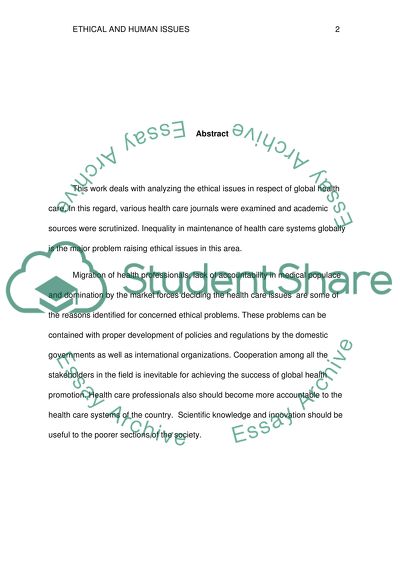Cite this document
(“Ethical and Human Issues in Health Care Research Paper”, n.d.)
Ethical and Human Issues in Health Care Research Paper. Retrieved from https://studentshare.org/nursing/1597089-ethical-issueshuman-rights
Ethical and Human Issues in Health Care Research Paper. Retrieved from https://studentshare.org/nursing/1597089-ethical-issueshuman-rights
(Ethical and Human Issues in Health Care Research Paper)
Ethical and Human Issues in Health Care Research Paper. https://studentshare.org/nursing/1597089-ethical-issueshuman-rights.
Ethical and Human Issues in Health Care Research Paper. https://studentshare.org/nursing/1597089-ethical-issueshuman-rights.
“Ethical and Human Issues in Health Care Research Paper”, n.d. https://studentshare.org/nursing/1597089-ethical-issueshuman-rights.


